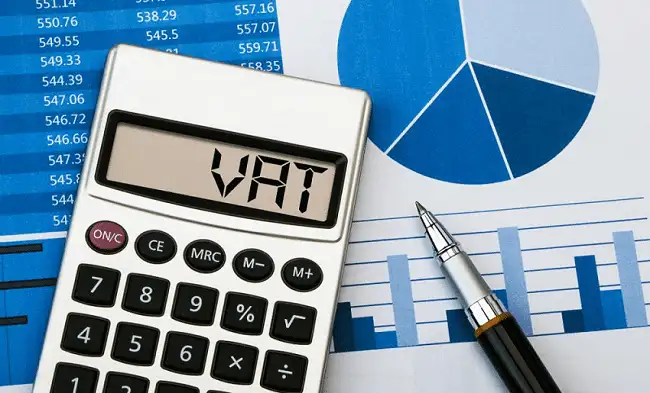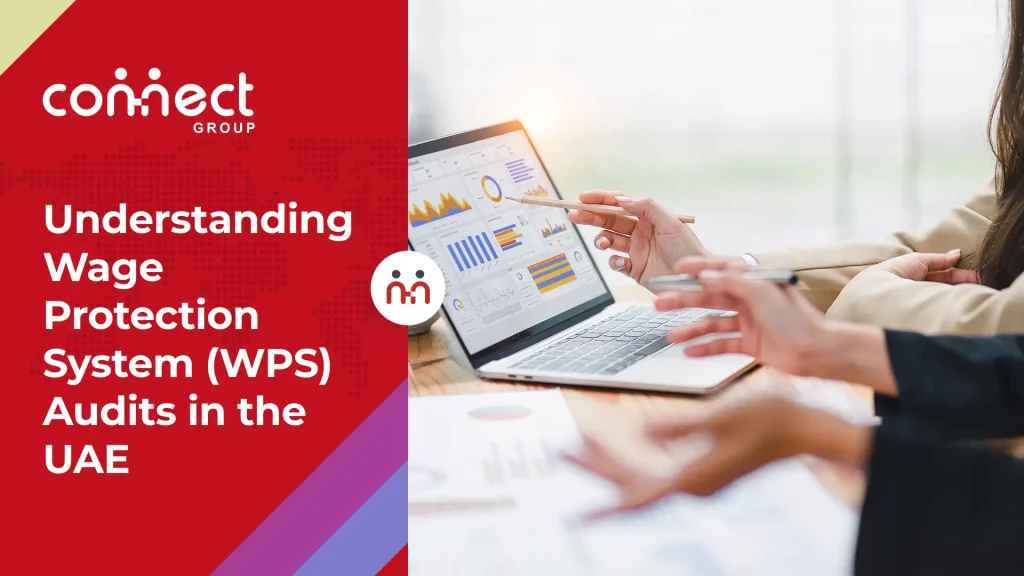The UAE is a top destination for foreign investors and entrepreneurs that want to start a business in this thriving and flourishing market. It offers several benefits for business owners and for this reason many opt for setting up a company here.
Although there are incredible advantages, it’s important to learn more about the business law in the UAE, so you can know how to stay in compliance with regulations.
One of the recent changes that have been introduced in the UAE revolves around the Value Added Tax, also known as VAT. It’s a common tax that you can find in a good number of countries, but how does it work in the UAE and how can it affect UAE business owners?
How VAT in 2021 Can affect UAE Business Owners?
It’s essential to be well-informed about the VAT in UAE 2021. Although these new rules were introduced in 2018, it’s crucial to understand how they affect businesses in 2021.
If you’re a foreign investor looking to establish an entity in the UAE, you must be prepared to deal with taxes and finances effectively. This includes knowing everything about the VAT.
VAT-related responsibilities of businesses
How can you know if your company should register for VAT? It’s quite simple. First and foremost, you must have your financial records up-to-date, and when you examine them you must see if you have exceeded the minimum annual turnover.
If your business has exceeded the threshold of AED 375.000 in your taxable supplies/imports, then you must register for VAT. However, you should also know that the voluntary registration is available for the threshold of AED 187.500

- Should they charge VAT? Yes, you should on your taxable goods and/or services supplied
- Should you reclaim VAT? Yes, on those business-related goods/services paid
- Should you report your VAT? Yes, you have to report it regularly. It’s the amount of VAT charged vs. the VAT paid
It’s important to understand the exemptions that are in place when it comes to liability for VAT.
What is the VAT rate in the UAE?
In the UAE, the VAT rate is 5%
VAT vs Sales Tax: What’s the difference?
Another complex aspect comes when you’re trying to differentiate between the VAT and the Sales Tax.
Although it may be complicated, when you break it down it gets easier. So, sales taxes are only on transactions involving goods, and they’re only imposed on the final sale.
On the other hand, VAT is on goods and services, even those that are imported, and there’s not a limitation regarding when they can be charged. Therefore, they could be imposed throughout the supply chain.
How is VAT calculated in the UAE?
The VAT in UAE 2021 is calculated on invoice value, so, since the rate is 5% then this value gets multiplied by the cost price of goods/services purchased or obtained.
VAT Exempted Sectors in the UAE
In the UAE there are exempted sectors, which it means that the VAT won’t be imposed in their supplies. In this sense, some financial services, residential properties, local passenger transport and bare land are those that get VAT exemptions.
We can also find zero-rated sectors, which are those that get a 0% VAT charge regarding their supplies. Certain education and healthcare services and relevant goods or services are an example of this.
VAT Refunds
Another important aspect you should know about VAT in the UAE is that some businesses may get a tax refund from the government. However, it applies to tax paid to suppliers.
For businesses to get a refund they must do the following:
- Enter the FTA’s e-Services portal
- Log in and look for the VAT tab
- Select the VAT refunds lab and then VAT refund request
- Complete the form and submit it
Once you have carried out these steps, the FTA will review your application and it will send an email with the result.
VAT Refunds for Tourists
The UAE receives thousands of tourists and visitors per year. The UAE authorities offer VAT refunds to tourists on purchases they made during their visit to the country. To request this refund, tourists must go to the “Tax Refund for Tourists Scheme” on every UAE port of entry or exit.
VAT in Real Estate
When it comes to the VAT in real estate, it will vary depending if it’s commercial or residential. Let’s observe the difference as follows:
- Commercial properties: supplies, sales or leases are taxable for VAT
- Residential properties: the supplies are exempt from VAT.
Working with Connect Group
When it comes to understanding the UAE VAT rules, it may be challenging so it’s best to count on with specialists that assist you. By partnering with a service provider like Connect Group you can ensure compliance with your business in terms of taxes.
In addition, we have a team of specialists that can help you set up your business in the UAE. Our process ensures a smooth, error-free and quick company formation process.
We will take care of everything, from choosing the proper business structure to selecting the right kind of license. Our goal is to assist you through the entire process so you can get the result you expect.




